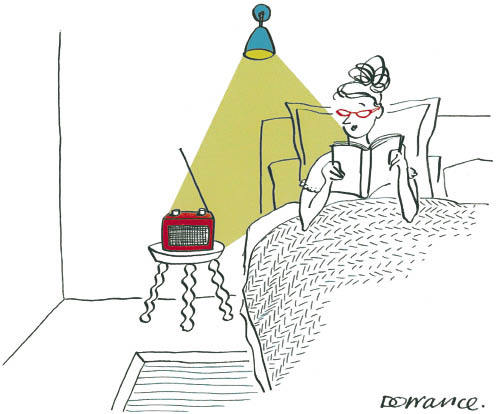If one asks Albanians who is their greatest living writer, the immediate answer is Ismail Kadare, winner of the inaugural Man Booker International Prize in 2005. But the tone of any discussion that follows is all too often grudging or even hostile. The books themselves are hugely popular, their author far less so.
The reason for this is that throughout a period when many Eastern European writers were suffering persecution for their opposition to Stalinist regimes, the worst that ever happened to Kadare was an embargo on his work for three years. A Marxist, he managed to remain on friendly terms with the Albanian dictatorship until two months before the toppling of Enver Hoxa. It was only then that he announced his surely long overdue defection. Such behaviour has not stopped western journalists from referring to him as ‘Albania’s Solzhenitsyn’ — a laudation that he himself, to his credit, has repudiated.
Like many of Kadare’s books, The Accident starts as a murder mystery. On a Vienna autobahn a taxi crashes over a barrier, hurling its two Albanian passengers, a man and a woman, out of the back doors to their deaths. The taxi-driver, who survives, is incapable of giving any explanation for the accident, but he does record that just before it occurred he had seen in the rear-view mirror the couple about to kiss and that this was followed by a blinding flash of light.
Police investigators come up with a variety of explanations, the most popular of which is that one of the couple murdered the other. Involvement of an intelligence agency or of the Albanian underworld is also frequently suggested, as is the blackmail of the male victim, an international civil servant, for his participation in the massacre of children in the recent Balkan wars.
While recording these futile investigations, the book increasingly concerns itself with the relationship, part obsessive love and part obsessive hatred, between the couple. The woman, a winner of a succession of international scholarships that enable her to make a career out of her endlessly prolonged studies, takes other lovers, male and female, with the man’s connivance, and even plays out the role of call-girl to titillate him further. These sections, sited for the most part in luxury international hotels, become increasingly frequent and, it must be confessed, increasingly tedious, despite an abundance of references to bosoms and buttocks and to what the author calls ‘the dark triangle … the final hurdle’.
Eventually, Kadare has knitted such a matted web of mystery that, seemingly lost for a satisfactory solution, he resorts to one familiar from some of his other novels: the supernatural. So, not all that persuasively, here is a malignant Albanian witch, Anevor — ‘an alien presence … prepotent, heedless, with its own powers and menacing laws.’ The appearance, right at the close of the narrative, of this legendary character, who has caused the taxi to soar skywards as though on wings and then to crash, is gauche in its abruptness.
Given Kadare’s history — with its reluctance to show any open disapproval of a monstrous dictatorship, the accumulation of wealth from the sales of his books in more than 40 countries, and the freedom to publish when many of his compatriots were banned from doing so — it is odd that his novel should have received financial help from English PEN. Surely it would have been more appropriate to give such help to some young author, whether Albanian or from another small and impoverished country, who finds it both difficult to place a book abroad and impossible to survive merely on writing in his homeland.






Comments